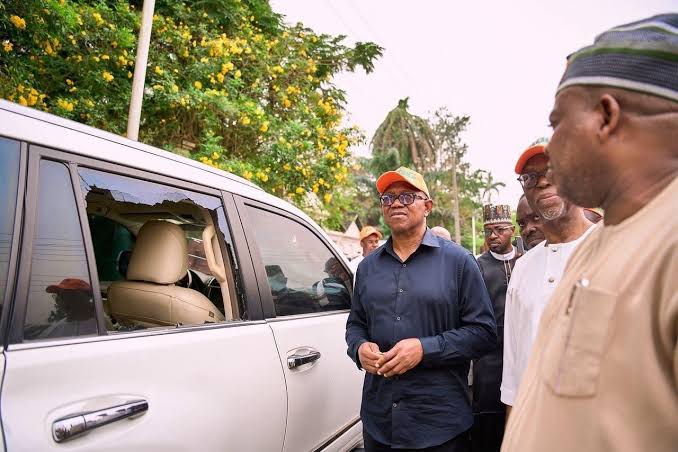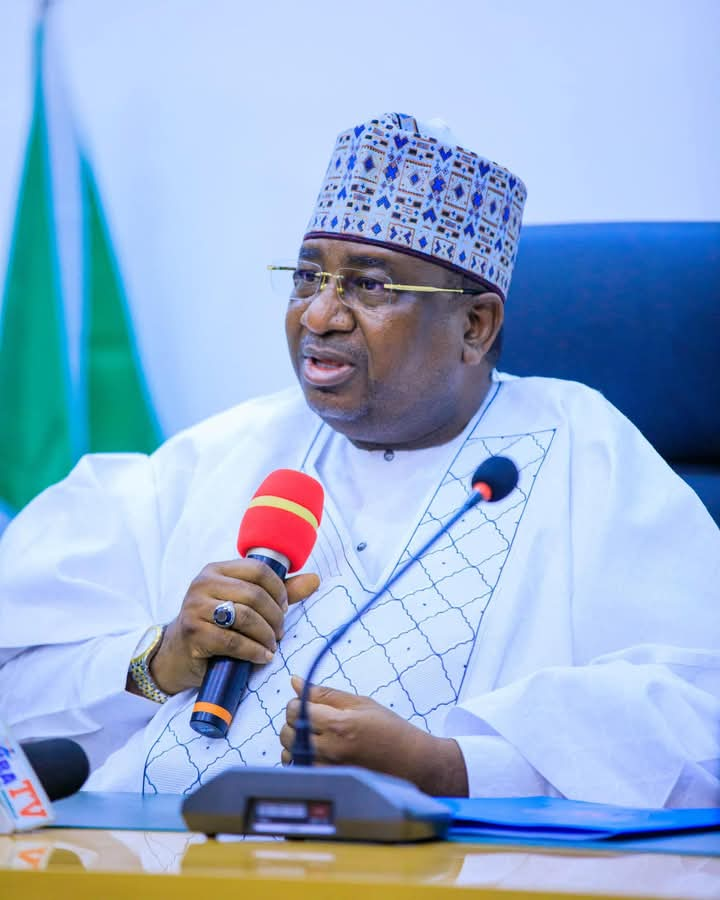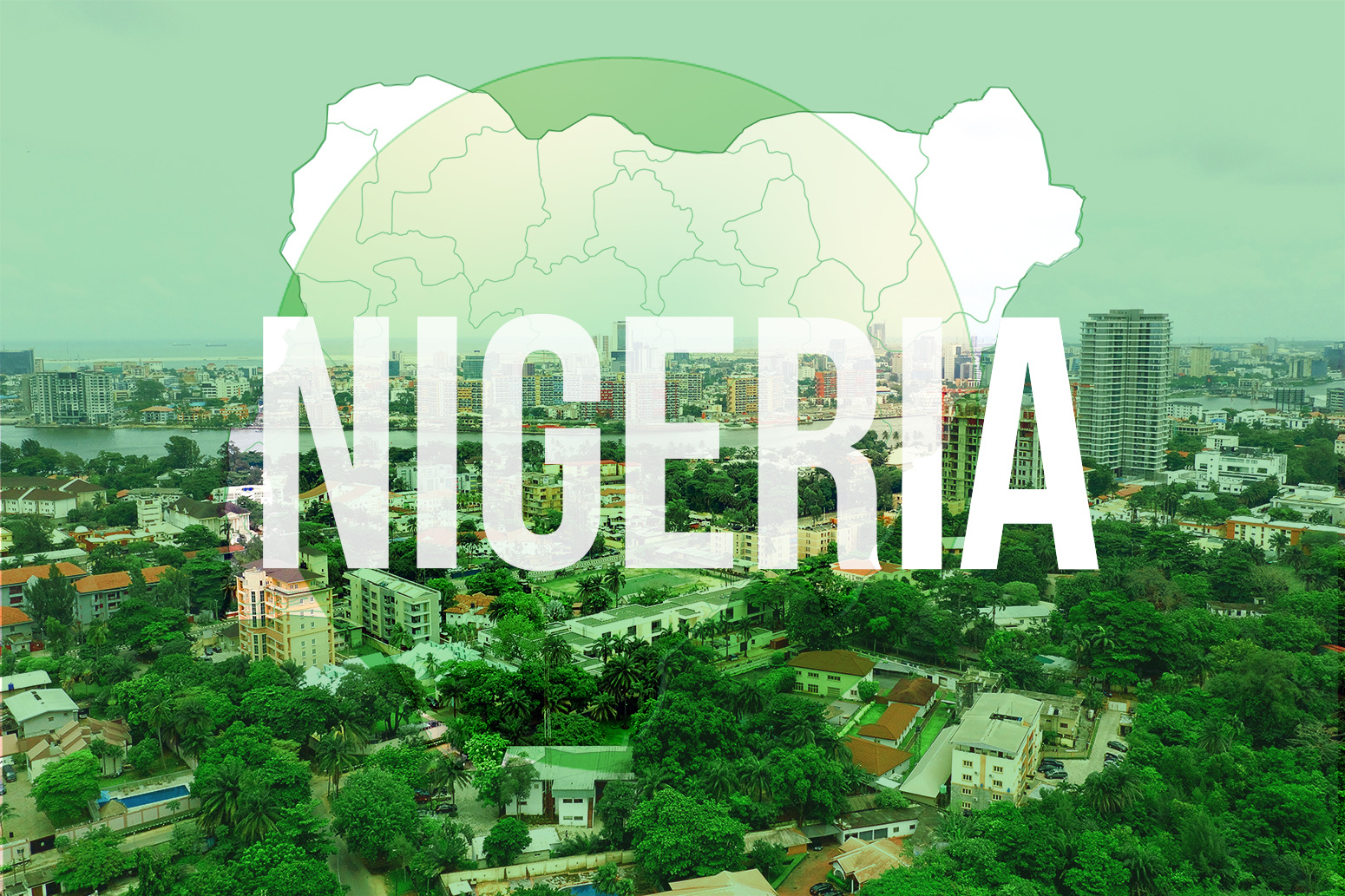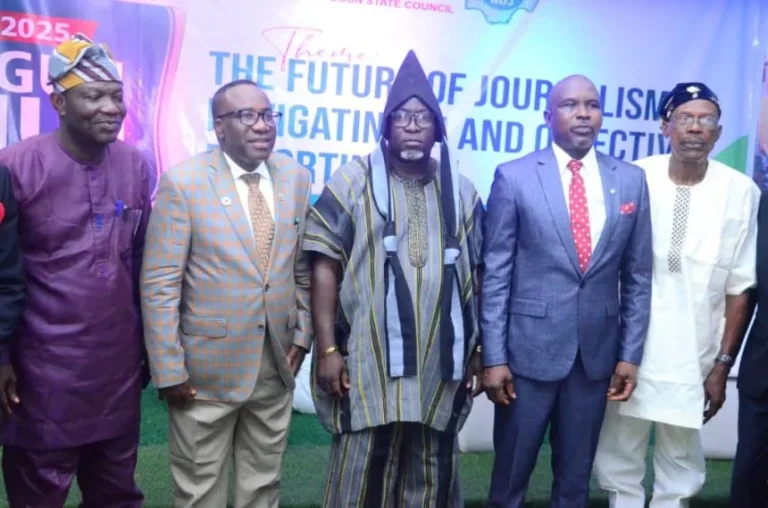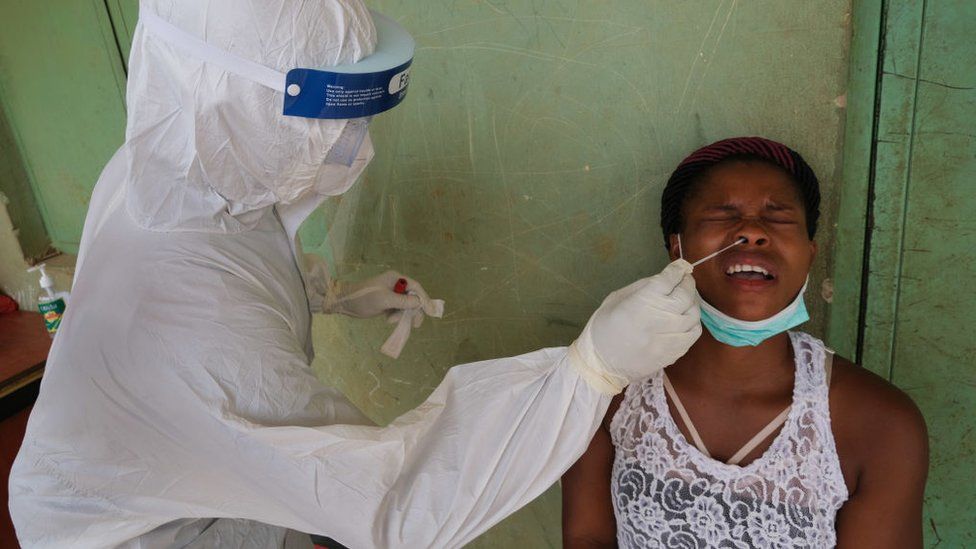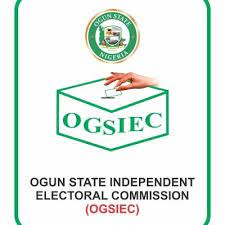Nigeria marks its 65th Independence anniversary at a time when citizens are more preoccupied with survival than celebration. For many, October 1 feels less like a holiday and more like a reminder of what has gone wrong.
Across Lagos, Abuja, Port Harcourt, and rural towns, the question echoes: has Nigeria fulfilled the promise of independence, or is the nation still crawling under the weight of poverty and broken systems?
On paper, Nigeria boasts Africa’s largest economy, rich in oil, gas, agriculture, and human capital. In reality, most of its 200 million citizens are groaning under hardship.
The removal of fuel subsidy in May 2023 was hailed by economists as bold and necessary. But for ordinary citizens, it triggered a spiral of hardship that still defines daily life.
Transport fares tripled almost overnight, forcing workers to trek long distances or cut down on trips. For those who rely on commercial buses, the impact has been brutal.
“I spend more than half of my salary on transport,” said Abidemi, a receptionist in Lagos. “By the second week of the month, I start borrowing just to survive.”
Markets tell an even harsher story. Food inflation is now above 30 percent, according to the National Bureau of Statistics. Prices of staples like rice, garri, beans, and yam have doubled or tripled.
A bag of rice that cost ₦35,000 before subsidy removal now sells for more than N70,000 to N80,000. For an average family, this is no longer affordable.
Parents are being forced into painful choices: pay school fees or buy food. Some have withdrawn children from private schools into already overburdened public ones.
Others are skipping meals, eating once or twice daily, just to stretch household income.
In Oyo, Opeyemi, a father of five, confessed: “We used to eat meat every weekend. Now, we only buy meat maybe once every two weeks. We survive mostly on beans and maize.”
Health care has also become a luxury. With drug prices rising beyond reach, many Nigerians now resort to herbal remedies, self-medication, or simply endure sickness without treatment.
The story is the same in rural areas, where poverty bites harder. Farmers complain of insecurity, high fertilizer prices, and lack of access to markets.
Banditry and kidnappings in the North-West have driven thousands off their farmlands, worsening food shortages across the country.
In the South-East, traders lament multiple taxation and the rising cost of transporting goods due to bad roads and high fuel costs.
For artisans and small businesses, erratic electricity supply remains a nightmare. Generators that once cushioned the power gap are now too expensive to fuel.
“I close shop early because I can’t afford diesel anymore,” said Blessing, a tailor in Benin City. “Customers complain, but what can I do?”
Young Nigerians are particularly restless. With unemployment still high, many graduates roam the streets jobless.
Those who manage to find work often earn wages too meager to cover basic needs.
This frustration has fueled the “japa” syndrome, the mass migration of Nigerian youths to Canada, the UK, and other countries in search of greener pastures.
In airports, scenes of tearful farewells are now common, as families watch their children leave with little intention of returning soon.
Yet, the government continues to urge patience. President Bola Tinubu has described the present hardship as “birth pangs of a new Nigeria.”
According to him, painful reforms today will lead to future prosperity. He insists subsidy removal and naira unification were necessary to save the economy from collapse.
Government spokesmen argue that savings from subsidies are being invested in infrastructure, education, and health care.
The administration has also rolled out palliative measures, such as grain distribution, N25,000 monthly cash support for poor households, and fertilizer subsidies for farmers.
But many citizens complain these initiatives barely reach the grassroots. Corruption, bureaucracy, and politicization often cripple such programs.
“We only hear about palliatives on the radio,” said Ngozi, a petty trader in Nsukka. “Nobody in my area has received anything.”
Civil society groups argue that without transparency and accountability, even well-intentioned policies will fail.
For the average Nigerian, hope is a scarce commodity. Yet resilience remains a defining national trait.
Nigerians adapt. They hustle, innovate, and find ways to survive, whether through small side businesses, online gigs, or cooperative societies.
In some communities, food banks and cooperative groups have sprung up to cushion hardship. Citizens are taking care of one another in the absence of reliable state support.
Still, resilience has its limits. Analysts warn that prolonged economic suffering could trigger social unrest, especially among unemployed youths.
Already, cases of petty theft, robbery, and kidnapping for ransom are on the rise. Hunger, as many say, is pushing desperation.
Economists argue that while reforms are necessary, the government must balance them with immediate relief for the poor.
One proposal is to cut the cost of governance, slashing jumbo salaries, allowances, and extravagant spending by politicians.
Another is to strengthen local food production through mechanized agriculture, investment in irrigation, and securing rural communities from banditry.
Experts also urge massive investment in renewable energy, which can reduce electricity costs for households and businesses.
Education and skill development remain critical. Without investing in human capital, Nigeria risks producing generations trapped in poverty.
Health care reforms are equally vital. Subsidized essential drugs and improved primary health centers can save millions of lives.
Above all, leadership must win back public trust through transparency and accountability. Nigerians want to see their sacrifices reflected in visible development.
For now, the daily struggles continue. In markets, commuters, schools, and hospitals, the silent question lingers: when will things get better?
At 65, Nigeria is still a paradox, rich in resources, yet poor in delivery; blessed with talent, yet weakened by corruption and mismanagement.
But citizens remain hopeful. Many still believe in Nigeria’s capacity to rise above its challenges.
“If leaders are sincere, Nigeria can be great,” said Obarayese, a journalist in Ibadan. “We just need the right people at the helm.”
The future will depend not only on government policies but also on citizens’ resolve to demand accountability and contribute positively.
The struggle for survival must give way to the dream of shared prosperity.
Independence anniversaries should not just be about parades, flags, and speeches. They should be about food on the table, jobs for the youth, and dignity for all citizens.
As Nigeria enters its 66th year, the road ahead remains long and difficult. But every challenge carries the seed of opportunity.
If leaders rise to the occasion and citizens remain resilient, Nigeria can still write a new story, one of hope, progress, and national renewal.
At 65, the message is clear: Nigeria stands between pain and promise. The choice of direction will define not just the next year, but generations to come.



